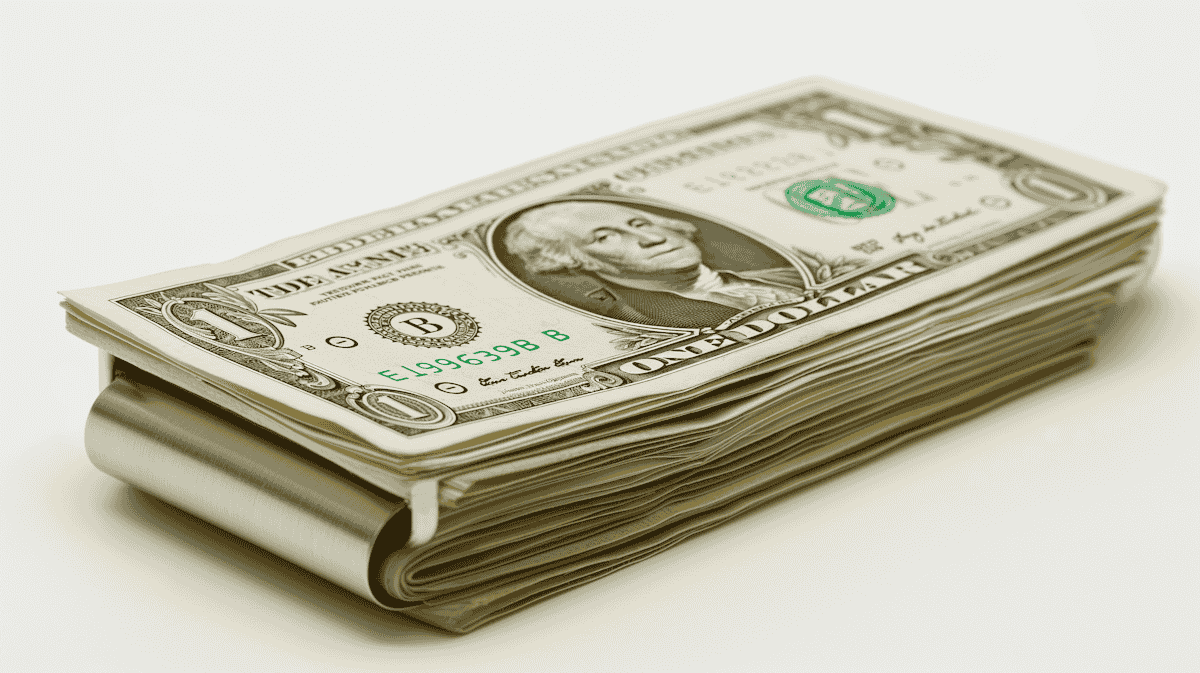As a business owner, you want to do right by those who help you out and provide you with the service and products that you need so that you can be successful and profitable. Falling behind on your bills may not be your intentions, and it is possible that not paying a bill may be a complete oversight. There may even be instances where you truly believe that you don’t owe the invoices to your supplier. Whichever case applies to you; there are a few steps and checks that you can complete to ensure that you keep your reputation in good standing.

Once you have received a communication from your creditor about the past due money that is owed, the steps below can guide you through fair and honest business practices.
- Once you receive a phone call, email or letter, you should go through your accounting. Check to see if you have records of the invoice or statement in question. If you are sure that you have paid the bill in full or even a partial payment, verify with your accounts payable or bank. If the error is on your creditor’s side, present all necessary documentation of proof.
- If you have determined that you are the one in error, contact the collection agency that is being used by your creditor to either pay off the balance in full or to make a payment arrangement. Sometimes the originator of the invoice or statement is not permitted to talk to you directly once they have hired an agency or legal office.
- Whether the missed payment was an accidental oversight or a purposeful withhold, trying to dodge the phone calls and emails are against your best interest. With enough time and frustrations, your creditor may choose to follow with legal action. Hopefully, you will want to take care of any misunderstanding before it comes to legal ramifications. Court proceedings can cost a lot of time and money; they also have the ability to be a detriment to your future business deals. If you withheld payment because you feel like the service that was rendered did not fit your expectations, you need to present fully documented proof to contest the monies owed. Credits or discounts may be provided but aren’t necessarily guaranteed. Also, if you have signed any documentation, payment may still be owed regardless of your reasons.
- Know your rights. Not all collection agencies are created equal. Some like to blur the line between acceptable and frowned upon business tactics; others may just outright ignore any laws. A proper collection agency will know the limits set by the federal government and the state. However, do not confuse consumer protection laws with those that pertain to commercial debts.
- Be polite and honest. No one likes to owe another person or business just as much as no one likes being left high and dry to fulfill a debt incurred by a customer. Be patient with the creditor and agencies that have taken on the workload of trying to resolve the owed money. Lying and avoiding them decreases your chances of any possibility of a deal or leniency. If you don’t have all of the money right away, and you can’t make any payment for a whole month, then only tell them that truth. It is not recommended to try to buy yourself some time with phrases like “the check is in the mail” because it only cheapens any future promises that you make.
The Bottom Line
In the future, to avoid these scenarios, make proper business transactions and decisions. Ensure that you have enough equity to complete and pay off any credit occurred from an agreement and don’t try to use the money gained from a completed job to pay off your supplier. And if you have any doubts, there are many financial experts who can assist you in future contracts or purchases.
Commercial Collection Topics
- The Snowball Debt Plan: What it Is and How to Use It Trying to pay off debts are faced with the difficult question of prioritization. What’s known as a debt avalanche -...
- Collecting on Judgments How to collect on a judgement with a lien against a debtor's asset. How the lien can be void if...
- First Quarter GDP Numbers for 2017 In the first quarter of this year, the US GDP increased by 0.7% overall. While seven-tenths of a point may...
- The Effect of Debt on Business Credit Business credit scores can come from consumer credit reporting agencies like Experian and Equifax, and firms like Fair Isaac Corporation...









